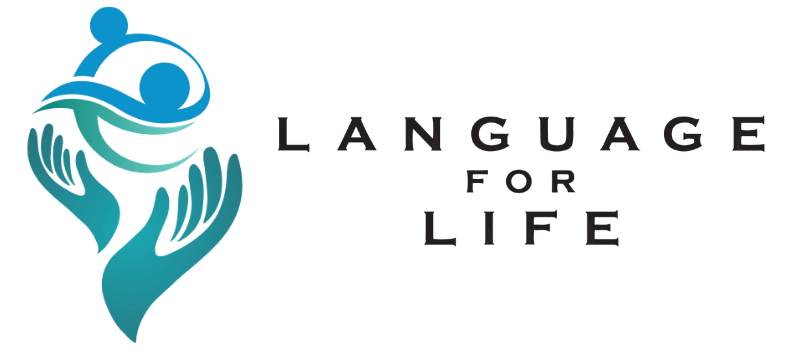The healthcare sector is continually changing, and allied health has a bright future. A wide range of healthcare professions that collaborate to give patients with care are referred to as allied health. Speech therapy, psychiatry, and dietetics are just a few of the many specializations that fall under the umbrella of allied health. The future of allied health will be discussed in this blog article along with new trends and advancements in healthcare delivery.
Speech Therapy:
People with communication and swallowing issues can benefit from speech therapy, which is a crucial allied health specialty. Speech therapy services are now delivered in a whole new way because to the development of telehealth. The practice of telemedicine involves using technology to deliver medical treatments remotely. With the help of telehealth, speech therapists can provide services to patients who live in remote locations or who are unable to travel for therapy due to physical limitations. Moreover, telehealth has made it possible to offer counseling to people in times of crisis and calamity, like the COVID-19 pandemic.
In comparison to traditional in-person therapy sessions, telehealth offers a number of benefits. As clients aren’t required to travel to a clinic or facility to receive treatments, it is more convenient for them. Also, telehealth allows for greater scheduling flexibility, which can be crucial for people with busy schedules or who live a long way from a speech therapy provider. Also, since there is no need to spend time or money on travel or office space, telehealth can save both clients and providers money and time.
One further developing trend in speech treatment involves the utilization of virtual reality technologies. A simulated environment that closely resembles real-world circumstances is provided by virtual reality technology. Virtual reality technology can be used by speech therapists to design situations that test their patients’ ability to communicate and solve problems. For people with social communication problems and autism spectrum disorders, this device is especially helpful.
For speech therapy patients, virtual reality technology provides a lot of potential advantages. Compared to conventional therapy techniques, it may offer a more interesting and inspiring experience. Virtual reality experiences can be modified to each client’s preferences and demands in order to challenge them at their own rate. Due to its potential to be more effective in enhancing social communication skills than conventional therapy techniques, virtual reality therapy may also produce greater results.
Psychology:
Another important allied health profession that focuses on mental health and wellbeing is psychology. The development of digital treatment is a result of the technological advancement of psychology. Digital therapy is the practice of offering therapy services via the use of digital tools like computers and smartphones. Clients who are unable to attend in-person sessions owing to distance, lack of time, or physical limitations can now receive counseling services thanks to digital therapy.
Compared to typical in-person therapy sessions, digital therapy has a number of benefits. As clients do not have to travel to a clinic or office to receive treatments, it is more convenient for them. Also, digital therapy offers greater scheduling flexibility, which can be crucial for people with busy schedules or who live a long way from a psychologist. Additionally, since there is no need for office space or transportation, digital therapy can save both clients and therapists time and money.
Another recent development in psychology is the use of artificial intelligence (AI). By offering precise diagnoses and treatment strategies, AI has the potential to revolutionize the discipline of psychology. AI may assess a variety of data, including genetic information, lifestyle choices, and medical records, to produce individualized treatment programs for people with mental health conditions.
There are numerous advantages of AI for psychological clients. In comparison to conventional therapy techniques, it can offer more precise and individualized diagnoses and treatment strategies. AI can assist in identifying those who are susceptible to mental health illnesses and offering them preventative interventions. AI can also assist in tracking a person’s mental health over time and offering assistance and interventions as needed.
Dietetics:
The study of nutrition and its connection to health and disease is the main emphasis of the allied health profession of dietetics. An intriguing development in dietetics is the rise of individualized nutrition. Individuals can receive tailored nutrition advice by using genetic testing and other health information. This method provides individualized nutrition guidance by taking into consideration a person’s particular genetic make-up, lifestyle, and health state.
Dietetics is seeing a rise in another trend: the usage of digital health platforms. Online resources known as digital health platforms give people knowledge about their food and nutrition. These systems allow users to keep tabs on their dietary intake, keep an eye on their weight, and get tailored nutrition advice. Moreover, nutrition advice can be obtained through remote connections with dietitians thanks to digital health platforms.
In conclusion, with the use of technology in healthcare delivery, the future of allied health is bright. A few of the new trends in allied health include telehealth, virtual reality, digital treatment, AI, tailored nutrition, and digital health platforms. These developments could completely change how healthcare is provided and lead to better patient outcomes. It is crucial for allied health professionals to keep knowledgeable about new trends and implement them into their practice as the healthcare sector continues to change.
Credits: McKinsey & company , MDPI

